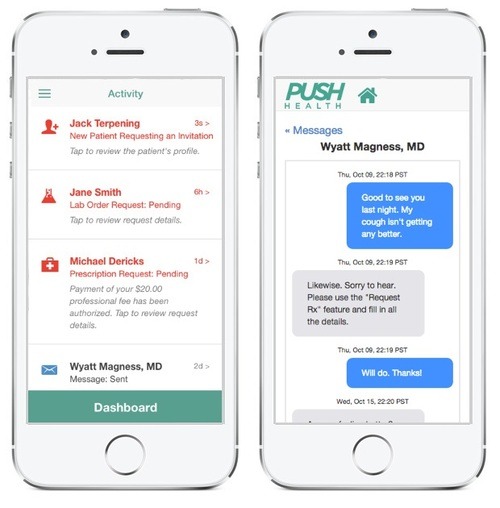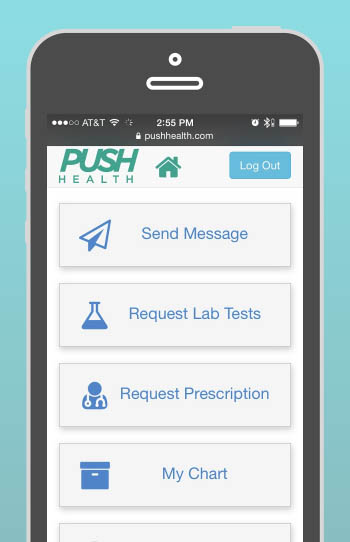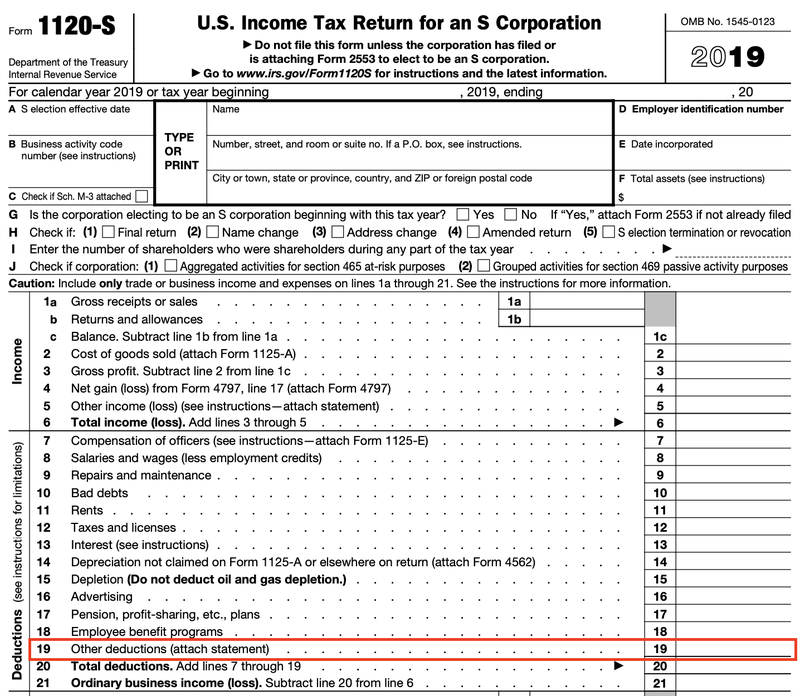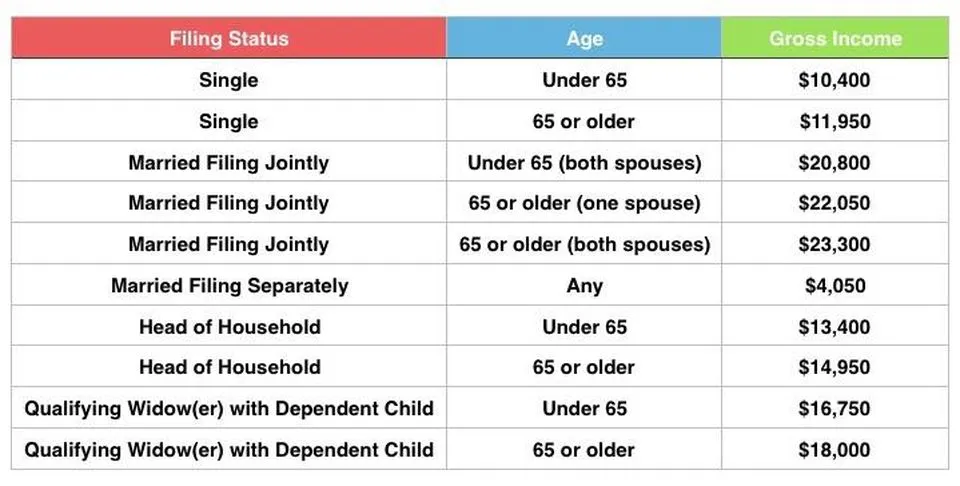Copay in Health Insurance refers to the percentage of the claim amount that has to be borne by the policyholder under a health insurance policy. 500 copay after deductible Not applicable.
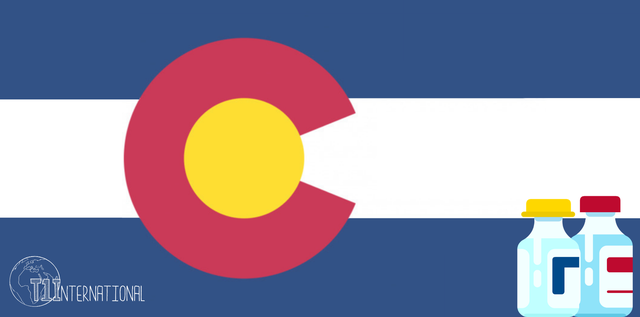 Colorado S Insulin Copay Cap A Foundation To Build Upon T1international
Colorado S Insulin Copay Cap A Foundation To Build Upon T1international
It is a standard part of many health insurance plans.
/How-to-get-affordable-health-insurance-without-a-job-576565495f9b58346aa50c17.jpg)
Copay not applicable meaning. For example if you hurt your back and go see your doctor or you need a refill of your childs asthma medicine the amount you pay for that visit or medicine is your copay. Policy is subject to a co-pay of 10 applicable for all claims admissible under the policy. The amount can vary by the type of service.
If your copay is 20 and your dentist bill is 200 youll still pay just 20 while your dental plan picks up the rest. Co-pay clause is an arrangement where insurance buyers agree to pay a portion of the claim raised. Few insurance policies come with a mandatory clause for copayment while others offer policyholders the option for voluntary copayment which allows them to reduce their premium payment.
By definition its a different fixed amount thats charged depending on the medical. Your plan determines what your copay is for different types of services and when you have one. You may have a copay before youve finished paying toward your deductible.
A copay or copayment is the amount of money you are required to pay directly to the healthcare provider doctor hospital etc per visit or to a pharmacy for every prescription filled. It is generally expressed in percentage terms. Insurance providers often charge co-pays for services such as.
It may range from 10 to 50 in health policies. Facility fee eg ambulatory surgery center None 20 after deductible Not applicable. A copay is a fixed out-of-pocket amount paid by an insured for covered services.
This co-pay is not applicable if the proposer has app lied for waiver of the same and paid necessary additional premium. Copays are a form of cost sharing. For example you may have a 25 copay every time you see your primary care physician a 10 copay for each monthly.
2 Typically only Dental HMO-style plans require a copay so be sure to review your plan details. A copay is a fixed amount you pay for a health care service usually when you receive the service. Your copay also called a copayment will vary depending on the service you receive and your health insurance plan but copays are typically 30 or less.
If you have outpatient surgery. Physiciansurgeon fees 20 after deductible Not applicable. A predetermined rate you pay for health care services at the time of care.
Copay or copayment or coinsurance is an essential tool used in health insurance contracts by insurance companies. It is an amount paid or a percentage of the total for certain medical treatments and medication while under the. 100 copay after deductible Not applicable.
No copayment means that the entire sum of treatment expense incurred is borne by the insurance provider. It is generally provided in a percentage term and is applicable on the claim amount in General Insurance Policies. Copays discourage unnecessary visits by making the patient responsible for a small portion of her healthcare costs.
Hospitalisation Expenses If the Insured is diagnosed with an Illness or suffers Accidental Bodily Injury which necessitates his. A copay is a flat fee that you pay when you receive specific health care services such as a doctor visit or getting prescription drugs. Digit Insurance provides health insurance policies with 0 copayment and covers the entire treatment costs incurred by an individual.
While consumers initially balk at it a deeper understanding into the meaning of copay in insurance and the importance of copay in medical billing will allow some reconsideration on your part. A copay or copayment is a flat fee that you pay on the spot each time you go to your doctor or fill a prescription. In motor insurance this is also known as voluntary deductible see What is.
Copay is a fixed dollar amount you pay for a covered service. Co-pay refers to the part of the claim amount in an insurance policy which is borne by the insured out of pocket. Features of Co-Pay Health Insurance.
A part of the expense is taken care of by the insured and the majority is paid for by the insurer. This amount doesnt change no matter how much the dentist charges.






